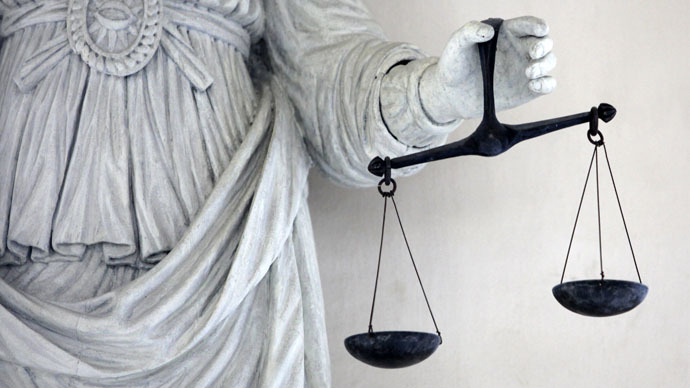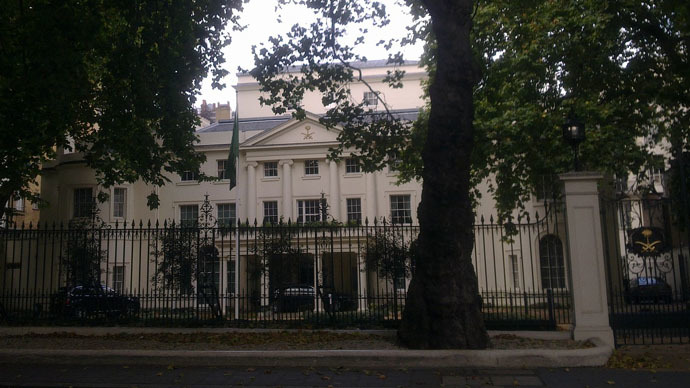‘Outrageous’: Saudi diplomat who kept workers in ‘slavery’ immune from law

A Saudi diplomat who was accused of trafficking two women and treating them like slaves has been told he will not have to compensate them because he is protected by diplomatic immunity.
Titin Suryadi and Cherrylyn Reyes alleged they had been treated as domestic slaves, working up to 17 hours a day and being paid below minimum wage by Jarallah al-Malki and his wife.
The Court of Appeal recognized that the decision “may seem unfair,” but insisted that the need to respect diplomatic immunity outweighed the women’s claim.
Zuber Yazdani, a solicitor who assisted in the case, said the decision was “outrageous.”
Reyes, a Philippine national, worked for the couple from the day she arrived in the UK in January 2011 until March 14 that year, when she left with the assistance of the police.
Suryadi, who is from Indonesia, replaced Reyes and worked for four months until September 19, 2011, when she escaped the residence while Al-Malki was away and his wife was asleep.
During their time working for the couple their passports were confiscated, they were forbidden to leave the property, and they were not allowed to contact their families, they said.
While the court acknowledged that Reyes was a victim of trafficking, they nonetheless upheld an earlier decision made by an Employment Tribunal, that Al-Malki was protected because of his diplomatic status.

If the women had been employed by an embassy rather than personally by diplomats, the work would have been defined as “commercial activity” and the women would have been covered by EU law, the court said.
In a summary of the decision, the court said, “The court recognizes that this may seem unfair to Ms. Reyes. But the outcome reflects policy choices that have been made on the international plane.
“The international community believes that diplomatic immunity not only ensures the efficient functioning of diplomatic missions in foreign states. It also fosters goodwill and enhances relations between nations.
“Sometimes the apparent unfairness to an individual is outweighed by the harm that would be caused by a failure to give effect to diplomatic immunity in circumstances such as those that have arisen in this case.”
READ MORE: Give modern slavery victims petty crime immunity, build case against traffickers – UK govt
Solicitor Zuber Yazdani said the decision was “outrageous” and “disappointing.”
“Despite the UK recognizing that the appellants were subjected to treatment amounting to trafficking, the court has denied them a remedy preferring to uphold the immunity of a diplomat.
“It would seem outrageous to anyone that the law should defend such abhorrent conduct,” he added.
Kalayaan, a charity which gives support and advice to migrant domestic workers, said the UK needs to bring in new policies to protect workers like Reyes and Suryadi.
READ MORE:Up to 13,000 in UK: Modern slavery estimate by Home Office quadruples previous figures
The court’s unanimous ruling follows the airing of ITV documentary Britain’s Secret Slaves last month, in which one anonymous Filipina said life as a domestic worker in the UK is “worse than in Saudi Arabia.”
“They never even give me a single pound … I'm starting working around 4:30 in the morning, until 1 o'clock in the morning. I'm sleeping only in the kitchen. I'm crying the whole time that I'm lying on the floor,” she added.













